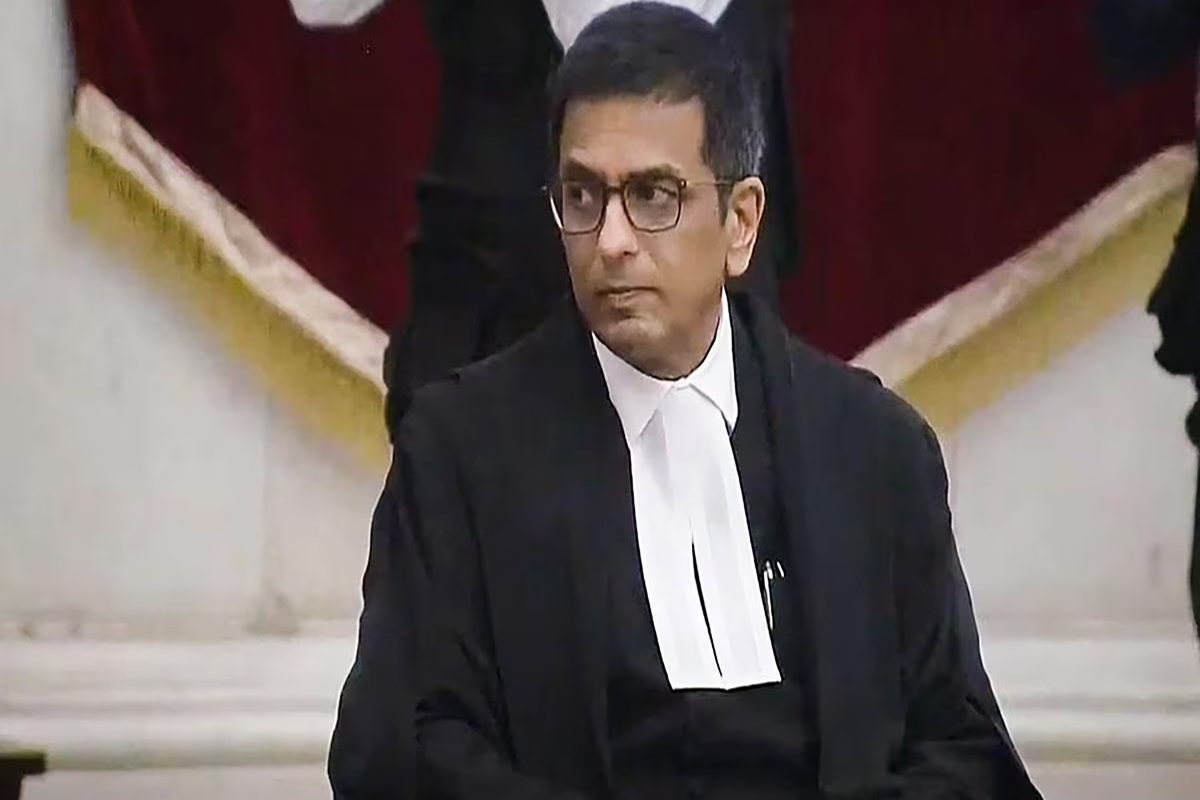According to Chief Justice of India Dhananjay Chandrachud, whether or not we uphold our integrity will determine whether or not our profession survives or if it self-destructs.
According to the CJI, integrity is the cornerstone of the legal profession.
Speaking at an event with the theme “Enhancing collaboration between Advocates & Judges: Towards strengthening legal system,” the CJI stated that integrity is not destroyed by a single thunderstorm, but rather through tiny, inconsequential concessions and compromises made by lawyers and judges.
“Our profession will continue to thrive or it will self-destruct based on whether we do or do not maintain our integrity. Integrity is eroded not by one thunderstorm, it erodes by small little concessions and compromises which are made by lawyers and judges,” he said.
“Our profession will continue to thrive or it will self-destruct based on whether we do or do not maintain our integrity. Integrity is eroded not by one thunderstorm, it erodes by small little concessions and compromises which are made by lawyers and judges,” he said.
Whether we uphold our ethics or not will determine whether our profession survives or if it dies. Integrity is undermined by incremental concessions and compromises made by lawyers and judges, not by a single thunderstorm, he claimed.
“I believe one significant challenge before the Indian legal profession is to create an equal opportunity profession. Because the composition of the legal profession today will define it 30 or 40 years down the line,” CJI Chandrachud said.
He said that when he is asked why India doesn’t have enough women judges, “I tell them don’t look at the collegiums today because it has to select among the talent available at the bar. You have to look at the status of our society 30-20 years ago. The judges who are entering higher judiciary today are members of the bar from 20-25 years ago.”
As key stakeholders in the legal profession it is for the judges and lawyers to ensure women are given an appropriate voice in the legal system, he added.
The CJI’s talk at Mahatma Gandhi Mission University was organised by the Aurangabad Bench of the Bombay High Court and the Advocate Association of Bombay High Court.












